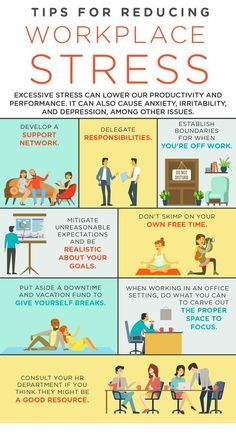In today’s fast-paced and demanding society, it is crucial for everyone, including men, to focus on their mental well-being and maintain a healthy work-life balance. Managing stress and finding equilibrium between work and personal life can significantly enhance overall satisfaction and productivity. In this article, we will explore effective strategies men can adopt to cope with stress and achieve a better work-life balance.
The Importance of Work-Life Balance
Work-life balance refers to the equilibrium between professional responsibilities and personal life, including family, hobbies, and self-care activities. It is vital for individuals to strike a balance between their professional aspirations and their personal well-being. For men, the pressure to provide and excel in their careers can sometimes take a toll on their mental health. The inability to effectively manage work-related stress and maintain a fulfilling personal life can lead to burnout, strained relationships, and a decline in overall quality of life.
Recognizing and Managing Stress
Stress is an inevitable aspect of life, but it is crucial to identify and address it appropriately to prevent it from overwhelming us. One way to manage stress is by recognizing the signs and symptoms associated with it. Physical symptoms such as headaches, muscle tension, and fatigue Psychological symptoms like irritability, anxiety, and difficulty concentrating Behavioral changes such as social withdrawal, increased substance use, or changes in appetite Once the signs of stress are recognized, it is vital to implement effective coping mechanisms to manage it. Some strategies men can adopt include:
Regular Exercise and Physical Activity
Engaging in physical activity on a regular basis has proven to be an excellent stress reliever. Exercise releases endorphins, the body’s natural mood elevator, and helps to reduce stress levels. Whether it’s hitting the gym, participating in team sports, or going for a run, incorporating exercise into your routine can significantly improve mental well-being.
Seeking Support and Building Relationships
Connecting with others and having a support system is paramount in managing stress. Surrounding oneself with friends, family, and colleagues who provide emotional support can help alleviate stress. Additionally, seeking professional help from therapists or joining support groups can provide valuable guidance and techniques for coping with stress effectively.
Creating Work-Life Balance
Striving for work-life balance is essential for maintaining mental health and overall well-being. Achieving this balance may involve:
Setting Priorities
Identify your priorities and allocate time accordingly. Determine what matters most to you and ensure that you prioritize your work responsibilities and personal life accordingly. This may involve saying ‘no’ to tasks or obligations that are not essential to your overall goals.
Establishing Boundaries
Learning to set boundaries between work and personal life is crucial. Avoid bringing work-related stress home by creating clear boundaries. This may involve setting specific work hours, committing to personal time, and disconnecting from technology after work hours.
Practicing Self-Care
Investing time in self-care activities is fundamental to achieving work-life balance. Engage in hobbies and activities that you enjoy, practice mindfulness or meditation, and ensure you have time for relaxation and rest. Taking care of your physical and mental well-being is essential for successful stress management.
Coping with stress and achieving a healthy work-life balance is vital for men’s overall well-being. By recognizing and managing stress effectively, as well as implementing strategies to create a work-life balance, men can improve their mental health, foster healthy relationships, and increase overall life satisfaction. Prioritizing self-care and seeking support when necessary are key steps towards leading a fulfilling and balanced life.

